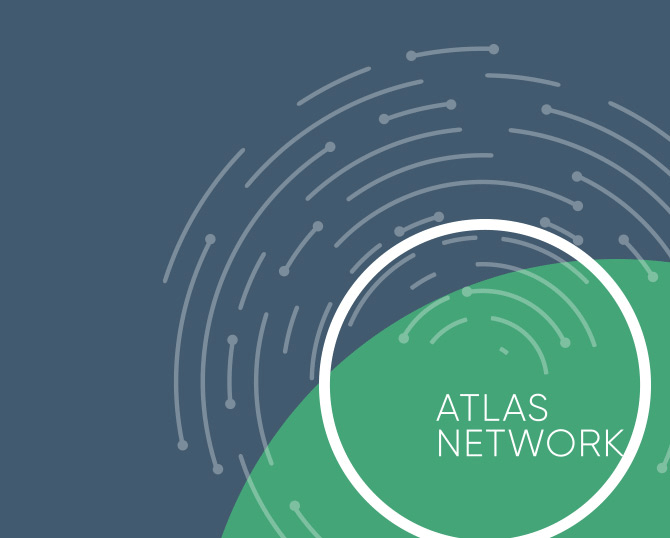
Tom G. Palmer | Executive Vice President for International Programs
This is the first part of a new blog series from Dr. Palmer on the topics featured in his new book Self-Control or State Control? You Decide, which can be downloaded for free here.
Supply and demand analysis isn’t limited to consumer goods. There is also a supply and a demand for government. Noted economists have focused much attention on the supply of state control, with a focus on the willingness of politicians to get into power and stay there, and of bureaucrats to maximize their budgets. Some attention has been paid to the “demand side,” but not enough, and most of that has focused almost exclusively on two features: the provision of public goods and redistribution — the latter of which, in more common language, means taking stuff from some people to give it to others.
Read: Do their passions forge their fetters?
Government does a lot of both of those, but there are many other state actions beyond provision of public goods and coercive redistribution of income or wealth. The government also tells us what size drinks we may consume, what kinds of jobs we’re allowed to do, what wages we may accept as we learn new skills, what we may consume, and so much more, as well as dictating what medical care we may or must purchase and how we will save for retirement — in the meantime misleading us about how our mandated payments are “invested.” Moreover, much of the demand for redistribution may be itself generated by the state restricting our choices, but more about that in a later post.
There’s a supply of state control from politicians and bureaucrats and there’s a demand for state control among the public. If you hope to reduce the amount of state power supplied, you need to focus on both supply and demand.
One way of reducing the public demand for state control is to help people — indeed, to help ourselves — to make better choices, because bad choices and state control tend to reinforce each other. Lives blighted by bad choices lead to public calls for controls to make those choices illegal or to sustain those who live in poverty because of bad choices. State control in those areas tends to make bad choices more likely, and to inhibit both the assumption of personal responsibility and the development of habits conducive to better choices.
Read: What happens when your responsibility is stolen from you?
Impulsive and violent behavior when young can land one in jail, and the brutalization and education in criminality that prisons impart will almost certainly blight the rest of one’s life. Having a baby when young and unmarried can reduce one’s ability to get an education, get and keep a job, and be ready for parenting children later in life when the children will benefit from more economically stable and educated parents. Spending one’s money recklessly when young on consumer goods, rather than investing conservatively and consistently, leads to a lack of resources in old age.
In each case, many people — not only those directly suffering from those poor choices — call on the state to control people’s behavior, either through directly paternalistic and coercive laws or through subsidies to lessen the suffering after the fact. Rather than calling for legislative intervention, however, some of our fellow citizens have created initiatives that specialize in helping people to make better decisions. They focus on helping younger people, but the lessons they impart are also quite useful for us oldsters — whether 19 or 99 or in-between.
Systems thinking, an approach sponsored by the Waters Foundation, draws on work done at the Massachusetts Institute of Technology on systems dynamics and helps people to visualize and incorporate into their decision-making the consequences of their choices. The programs include modules for personal and for classroom use.
Decision analysis was pioneered at Stanford University, and is applied to business decisions by such firms as the Strategic Decisions Group. Two educational foundations offer extensive programs to teach decision skills to students in elementary, middle, and high schools. The programs are crafted for young people, but the contents are useful to anyone at any age or stage of life. The Decision Education Foundation and How I Decide each offer their own decision analysis programs.
In order to break the cycle of dependency, it is important to help people to embrace their responsibility, and to help them to acquire better habits of self-control. That’s not the only way to improve things, but that’s no reason not to try it. Besides reducing the demand for state power, helping each other to increase our self-control has the added benefit of increasing human happiness.
Life, liberty, and the pursuit of happiness. It’s not just a slogan. It’s a package deal.
This is the first part of a new blog series from Dr. Palmer on the topics featured in his new book Self-Control or State Control? You Decide, which can be downloaded for free here.